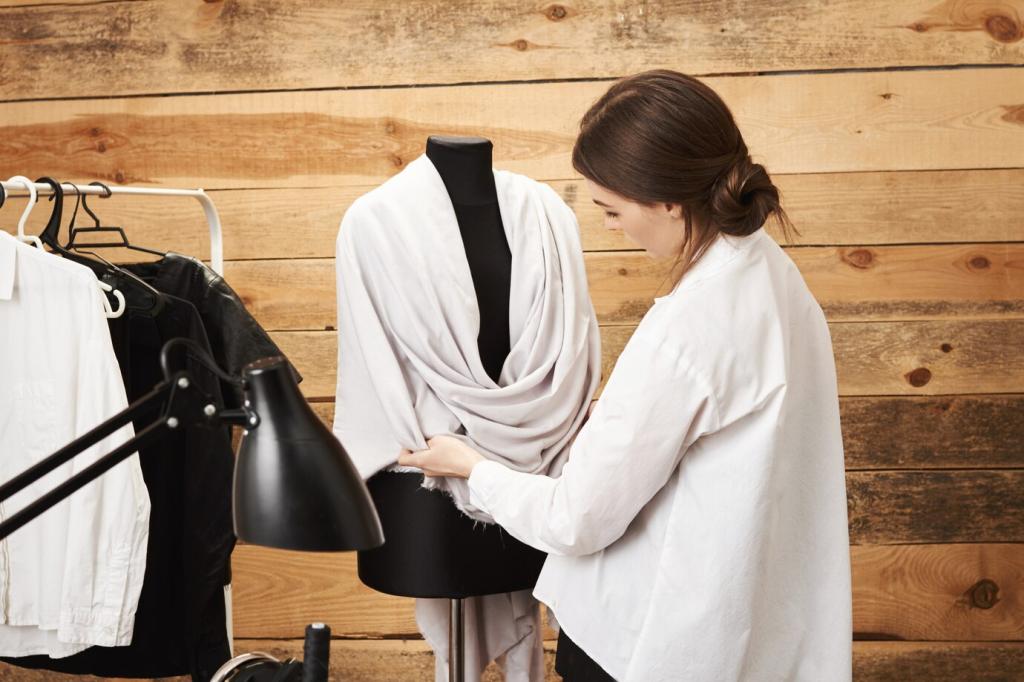Crafting a Capsule Wardrobe: A Sustainable Approach
Building a capsule wardrobe has gained popularity as a mindful and environmentally-conscious way to approach fashion. Rather than collecting an excess of clothing, a capsule wardrobe focuses on versatility, quality, and personal style. This approach encourages thoughtful purchasing, reduces waste, and empowers individuals to express themselves while treading lightly on the planet. This guide explores how embracing a capsule wardrobe can lead to both a functional and sustainable closet.
The Philosophy Behind a Capsule Wardrobe
Minimalism is at the core of a capsule wardrobe. By focusing on fewer items, each piece carries more significance and utility. Minimalism helps eliminate clutter, reduces decision fatigue when choosing outfits, and encourages thoughtful consumption. Instead of chasing fleeting trends, a minimalist mindset prioritizes classic looks, making it easier to maintain a timeless and functional collection of clothing. This conscious curation not only leads to a streamlined closet, but often to a greater appreciation for what you own and wear.


Selecting the Essential Pieces
Start by considering your daily routines, work environment, hobbies, and social activities. Each of these factors influences the types of clothing that will serve you best. For instance, a professional who works in a formal office will need different essentials compared to someone with a more casual or active lifestyle. By honestly evaluating your most common scenarios, you can determine the appropriate number and type of garments required, ensuring your capsule wardrobe supports your real-life needs without surplus.
The Sustainability Benefits of a Capsule Wardrobe
The fashion industry is a significant contributor to global waste, with millions of tons of clothing ending up in landfills each year. By trimming your wardrobe to the most essential, versatile pieces, you inherently reduce the volume of garments entering the waste stream. Fewer purchases mean fewer discarded items, promoting a culture of conscious consumption over disposability. This simple shift in approach, when practiced widely, can lead to meaningful reductions in environmental harm and set a standard for responsible fashion habits.
